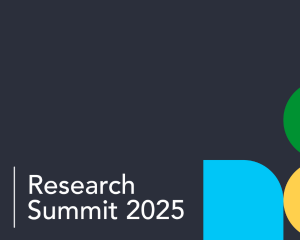
Research Seminar: Dr Kristina Ibanez-Garikano and Prof Holm Uhlig
Date
Location Online
The Genomics England Research Seminar series is a season of events held to demonstrate the best research from Genomics England and our partners. They started in October 2018, and are monthly, free-to-attend evenings of talks presented by GECIP members on the latest research being performed on the 100,000 Genomes Project data from our academic community (GECIP), commercial partners (Discovery Forum), COVID analysis and Genomics England research on other cohorts.
This month's speakers will be:
Kristina Ibanez-Garikano, Head of Computational Genomics at Nostos Genomics, formerly a Senior computer scientist in genomics and GECIP member at Queen Mary University of London. The title of this presentation is "Population genetics of 14 repeat expansion disorders within the 100,000 Genomes and TOPMed projects" based on the Lancer paper from earlier this year.
Holm Uhlig, Professor of Paediatric Gastroenterology in the Translational Gastroenterology Unit, University of Oxford. Who will be presenting on his recent publication in Inflammatory Bowel Disease which is an uncommon area of study in our data. This presentation has the title “Inflammatory bowel disease - single gene variants and rare copy number variation”.
About the research seminars
The seminars will be held on the last Tuesday of each month at 2-3:30pm. These will be online sessions open to everyone and free to attend, we hope to have representation from across the GECIP, Discovery Forum and 100,000 Genomes Project participants as well as anyone else who would be interested in joining.
For updates on the seminars including announcements and speakers please follow the GECIP team Twitter. You can watch all previous Research Seminars on the Genomics England YouTube channel.
If you would like to present your research from the Genomics England Research Environment at one of these events please get in touch with the GECIP team at [email protected] and if you intend to publish on this research please include this so that we can publicise your paper on our Publications page.


